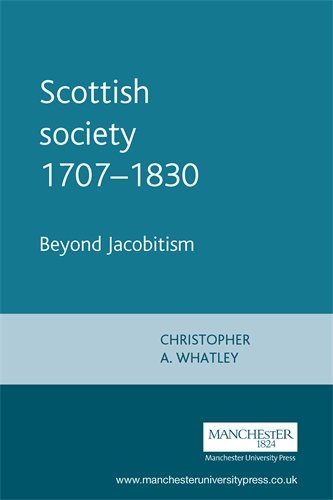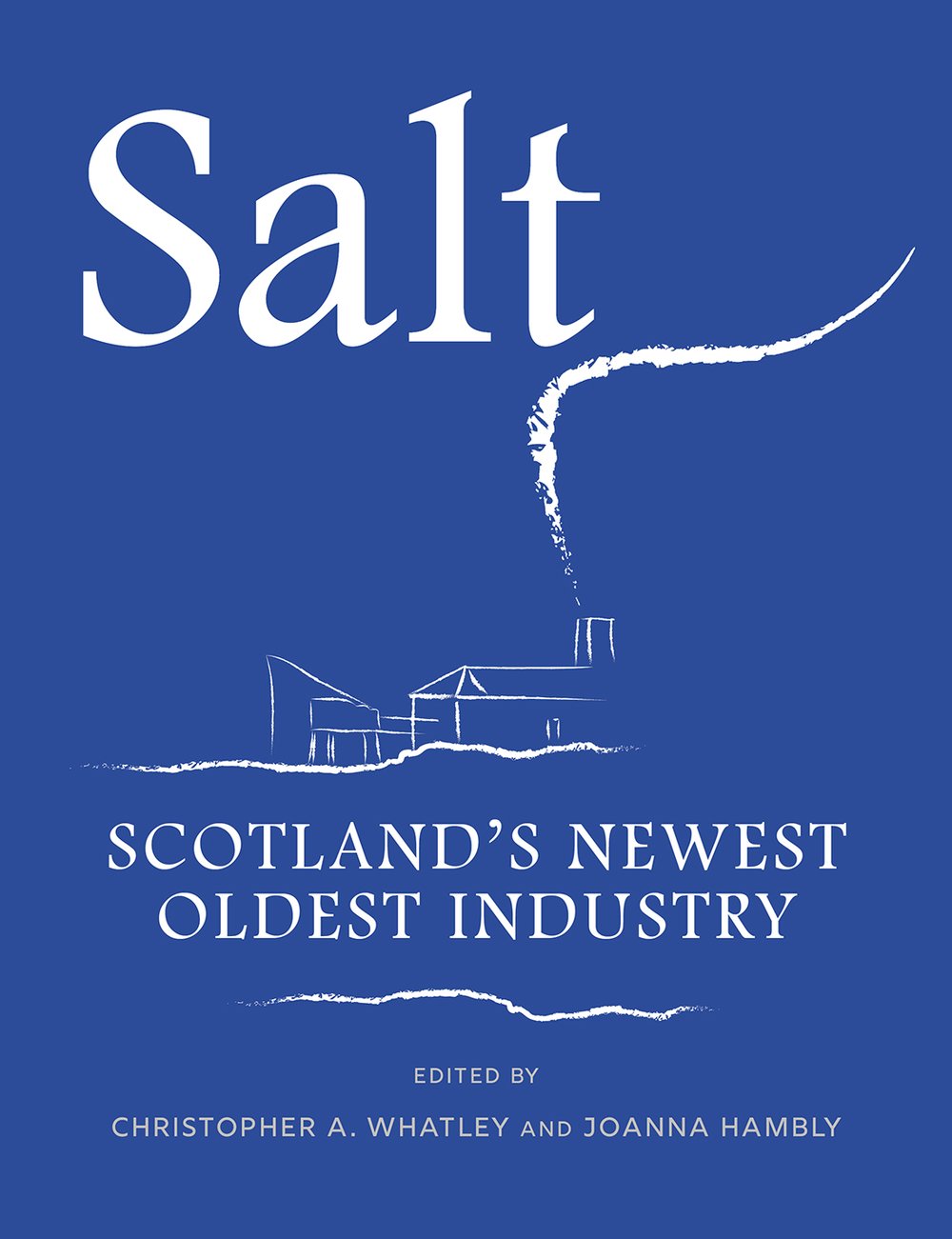Scottish society 1707–1830
Beyond Jacobitism, towards industrialisation

This volume challenges much conventional wisdom and provides readers with insights into Scottish social and economic history. Christopher Whatley argues that the Union of 1707 was vital for Scottish success, but in ways that have been hitherto overlooked. He proposes that the central place of Jacobitism in the historiography of the period should be revised. Far from being an "uninflammable people", collectively ordinary Scots posed enormous problems for the authorities both at Westminster and in town and country. The book contests received wisdom on issues such as the role of the Kirk and other agencies for inculcating order, and argues that the 18th and early-19th centuries in Scotland were years of upheaval and deep social conflict both in the Highlands and Lowlands, where commercialism and later the market economy revolutionised social relationships. The period surrounding the Radical War in 1820 is identified as a watershed in Scottish history, almost making but also breaking the Scottish working class. The book is based not only on an exhaustive reading of secondary material but also incorporates evidence from previously little-used or unused primary sources.

Christopher A. Whatley is Professor of Scottish History at the University of Dundee


